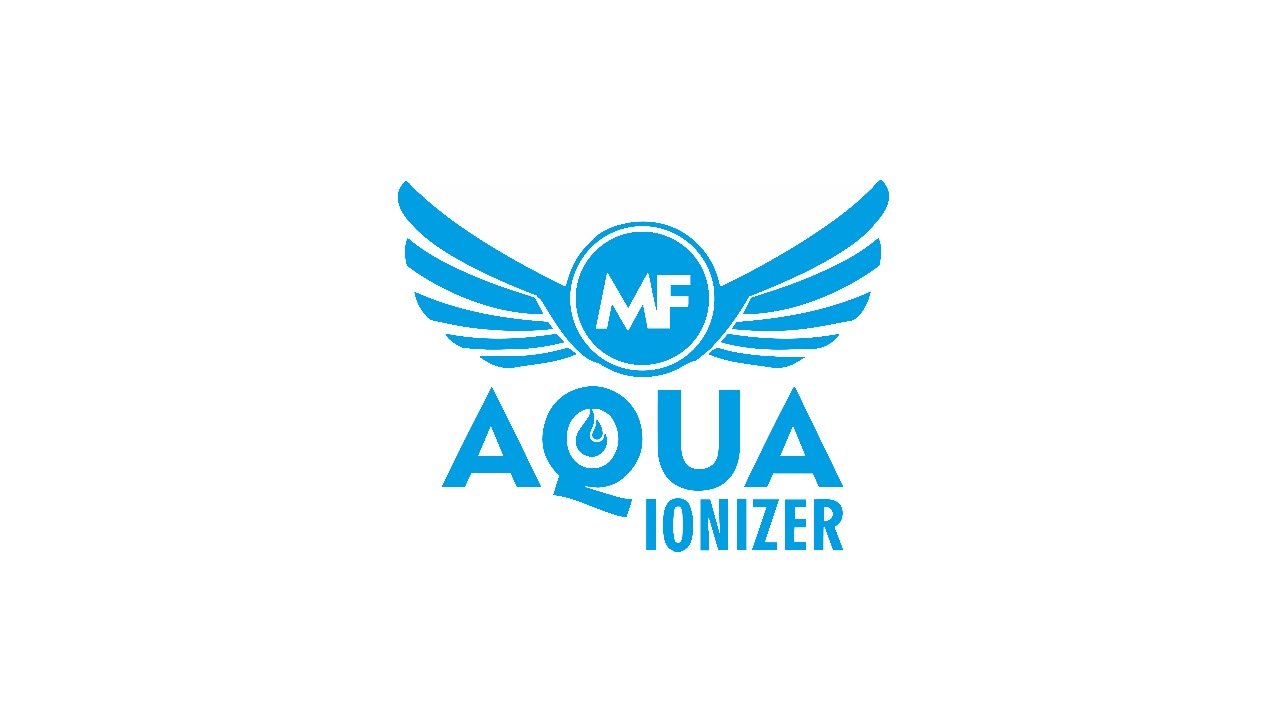Potential Benefits of Alkaline Water
Though there is limited scientific evidence to support many of the health claims surrounding alkaline water, proponents often cite several potential benefits:
1. Improved Hydration
Alkaline water is often touted as being more hydrating than regular water, with some studies suggesting that it can improve blood viscosity after a workout, which would mean better hydration. A study published in the Journal of the International Society of Sports Nutrition found that athletes who drank alkaline water had lower blood viscosity post-exercise compared to those who drank regular water, suggesting enhanced hydration.
2. Neutralizing Acidity
Alkaline water is believed to neutralize the acid in the bloodstream, potentially leading to improved overall health. Proponents argue that modern diets high in acidic foods—like meat, processed foods, and sugar—disrupt the body’s natural pH, leading to conditions such as acid reflux, bone loss, and even cancer. Drinking alkaline water may help neutralize this acidity, alleviating symptoms like acid reflux or GERD.
3. Antioxidant Properties
Alkaline water is said to possess antioxidant properties that help fight against free radicals, unstable molecules that can damage cells and contribute to aging and disease. By potentially reducing oxidative stress, alkaline water may support healthier skin, slow down the aging process, and lower the risk of chronic illnesses.
4. Bone Health
Some proponents claim that alkaline water can improve bone health by reducing acid in the body, which, according to the acid-ash hypothesis, can lead to bone weakening and osteoporosis. The theory suggests that the body pulls alkaline minerals, such as calcium, from bones to neutralize excess acidity. However, current research doesn’t provide strong evidence for this, and experts believe that factors like calcium intake and exercise have a far more significant impact on bone health than water’s pH levels.
5. Detoxification
Drinking more water, in general, aids in flushing out toxins from the body, and some believe alkaline water does this more efficiently due to its higher pH and potential antioxidant effects. However, the liver and kidneys already handle detoxification well, and there’s little evidence to support claims that alkaline water enhances this natural process.
6. May Support Weight Loss
There’s also the belief that alkaline water can promote weight loss by balancing the body’s pH and boosting metabolism. However, much of this evidence is anecdotal, and there isn’t substantial scientific backing to confirm that alkaline water alone can lead to weight loss.
Regular Water: A Benchmark for Hydration
Regular water, typically with a neutral pH of 7, has been the gold standard for hydration for as long as we’ve known. It’s available everywhere and is essential for bodily functions such as regulating temperature, transporting nutrients, and supporting digestion. Unlike Ionized water, regular water is neutral in pH and doesn’t make claims about balancing acidity or providing antioxidant effects.
1. Natural Hydration
Regular water is excellent for hydration and is essential for maintaining various bodily functions. The average adult is made up of approximately 60% water, and drinking adequate amounts of water daily is crucial for health. Every cell, tissue, and organ in your body needs water to work correctly, from regulating temperature to lubricating joints and removing waste.
2. Cost-Effective
One of the main benefits of regular water over Ionized water is that it is far more cost-effective. Tap water, depending on your region, is usually very inexpensive, or even free. Bottled alkaline water, on the other hand, can be significantly more expensive.
3. Regulated and Safe
Tap water is subject to strict regulations and safety standards, depending on your country’s water regulations. Most developed countries have safe, potable tap water that provides essential minerals like calcium and magnesium. In many regions, bottled water, including Ionized water, is regulated less stringently than tap water.
Comparing the Benefits of Alkaline and Regular Water
The debate between alkaline water and regular water often hinges on the potential health benefits of each. While alkaline water advocates promote its hydrating, detoxifying, and acid-neutralizing benefits, the science supporting these claims is still evolving. Let’s break down some of the key differences and purported benefits of each type of water:
| Feature |
Alkaline Water |
Regular Water |
| pH Level |
Typically 8 or 9 |
Neutral (7) |
| Hydration |
Claimed to offer better hydration |
Excellent for hydration |
| Cost |
More expensive |
Cost-effective, sometimes free |
| Regulation |
Less regulated (if bottled) |
Highly regulated |
| Antioxidant Properties |
Some studies suggest antioxidant effects |
No antioxidant claims |
| Acid Neutralization |
Claimed to reduce acidity in the body |
Neutral in pH, no acid-neutralizing claims |
| Impact on Blood pH |
Minimal; body regulates its own pH |
No effect; body regulates its own pH |
What Does the Research Say?
There is ongoing debate about whether alkaline water’s potential benefits are real or if they are simply overstated by marketing.
1. Hydration
As mentioned earlier, some research indicates that alkaline water may improve hydration, particularly during exercise. However, regular water is also highly effective at hydrating the body, so it’s not clear that alkaline ionized water offers significant advantages in day-to-day hydration.
2. Acid Reflux
A study published in Annals of Otology, Rhinology & Laryngology found that alkaline water with a pH of 8.8 could deactivate pepsin, an enzyme related to acid reflux. This suggests that Ionized water might offer some relief to individuals suffering from acid reflux. However, more research is needed to confirm these findings.
3. Bone Health
A 2014 review in Osteoporosis International concluded that there isn’t enough scientific evidence to prove that Ionized water has a significant impact on bone health. More rigorous studies are needed to determine if Ionized water can indeed influence calcium loss or osteoporosis.
4. Chronic Disease Prevention
The claim that a Ionized water can help prevent chronic diseases like cancer, diabetes, and heart disease lacks substantial scientific support. The body’s own regulatory systems are generally sufficient to manage pH, and most health benefits from hydration come simply from drinking enough water—regardless of whether it’s alkaline or regular.
Potential Risks of Alkaline Water
While alkaline water is generally considered safe for consumption, excessive intake could have some drawbacks. Drinking water that is too alkaline might reduce stomach acidity, which is essential for digestion and protecting against harmful bacteria. Over time, this could potentially lead to gastrointestinal issues.
Additionally, drinking too much alkaline water could result in a condition called alkalosis, a condition where the body’s pH becomes overly alkaline, leading to symptoms like nausea, vomiting, muscle twitching, and confusion.
Conclusion: Which is Better?
In the end, the decision between Ionized water and regular water depends largely on personal preference and budget. While alkaline water might offer some benefits, especially for people with specific conditions like acid reflux, there isn’t overwhelming scientific evidence to suggest that it is significantly better than regular water for most people.
Regular water—whether tap or bottled—remains a safe, effective, and affordable way to stay hydrated and support overall health. It’s highly regulated in most

